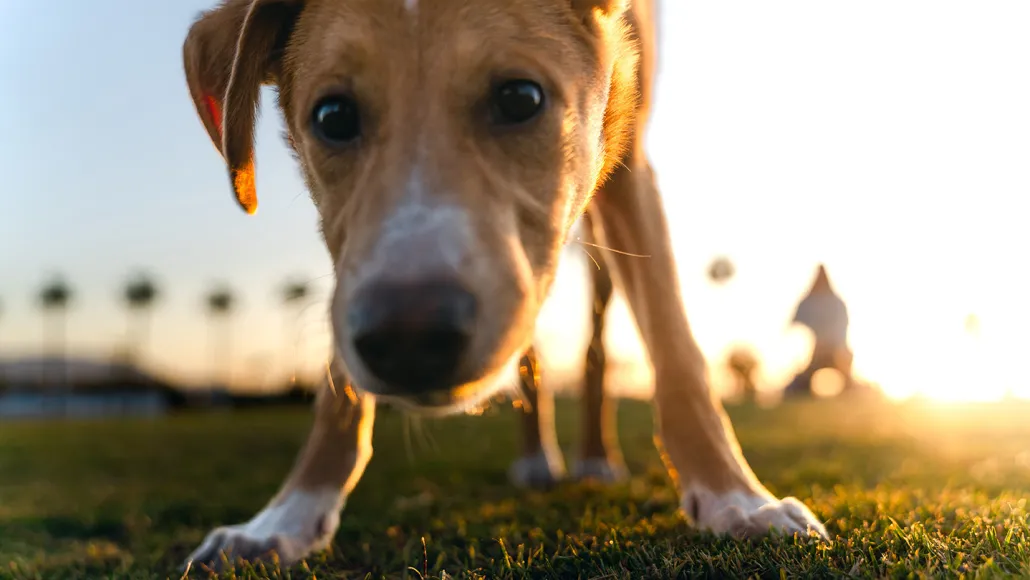Young dogs’ cognitive abilities may predict behavioral traits in adulthood
Puppy Brainpower May Predict Adult Behavior and Trainability, New Study Finds
April 21, 2025 — New research suggests that a puppy’s thinking skills may provide valuable insights into how well it will respond to training and behave as an adult. Published in the May issue of Applied Animal Behaviour Science, the study highlights how early cognitive traits — such as impulse control, responsiveness to human gestures, and problem-solving behavior — can signal a dog’s future temperament and trainability.
The findings could be a game-changer for pet owners, breeders, and dog trainers alike, helping to match training styles and socialization efforts to each dog’s natural personality.
Early Thinking Skills Signal Long-Term Behavior
Conducted by Saara Junttila and colleagues at the University of Helsinki, the study evaluated more than 1,400 puppies between the ages of 3 to 7 months. Using tests developed by the dog cognition company smartDOG Ltd., researchers assessed how the puppies:
- Followed human gestures to find hidden treats
- Reacted to unsolvable tasks, testing persistence and social cues
- Controlled impulses, as shown in their ability to retrieve food from a cylinder with a tricky opening
A follow-up of 99 dogs who were retested as adults showed that many cognitive traits remained stable, especially in dogs originally tested at 6 or 7 months of age.
Key Findings: Impulsivity, Obedience, and Fearfulness
Data from owner surveys and repeat testing of 227 dogs revealed three key insights:
- Gesture-following puppies were more obedient and trainable as adults
- High impulse control in puppies predicted calmer adult behavior
- Fearful puppies and those who sought help from testers tended to be more wary of strangers as adults
“This can form the basis of how to train the dog,” said Junttila. Dogs with early signs of shyness or low confidence, for example, may benefit from confidence-building experiences.
Tailoring Training to the Puppy’s Mind
Katriina Tiira, coauthor and founder of smartDOG Ltd., emphasized personalized training:
“If you have a puppy that avoids strangers or looks to you for help, you can encourage independent thinking by giving them small successes and positive experiences.”
This insight is especially important for owners of timid or anxious dogs, offering proactive strategies to nurture confidence without overwhelming the animal.
What About Rescue Dogs?
While the study mainly included popular and trainable breeds like Labrador retrievers, German shepherds, and border collies, future research may expand to include rescue dogs and a wider variety of breeds.
“I’d love to see this tested on a more diverse sample,” said Hannah Salomons of Duke University’s Canine Cognition Center. She noted the study’s strong focus on dogs from breeders, which may not represent the broader dog population.
Helping Dogs Live Their Best Lives
Ultimately, the findings support a deeper understanding of the human-dog bond, encouraging more empathetic and tailored approaches to dog training and socialization.
“It can help us figure out what’s going to be best for the dogs that are in our lives,” Salomons said. “We can help dogs live their best lives.”
